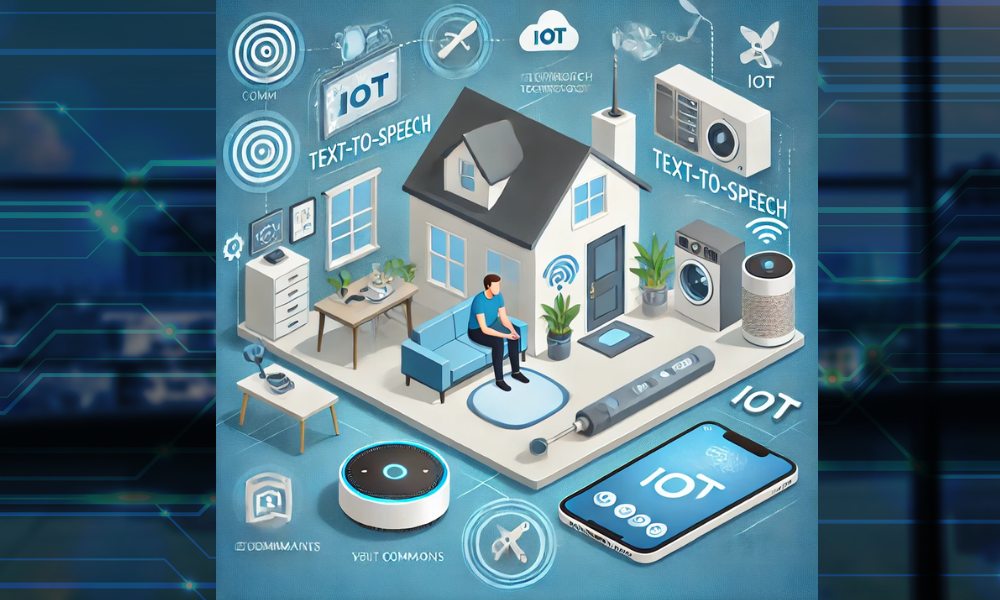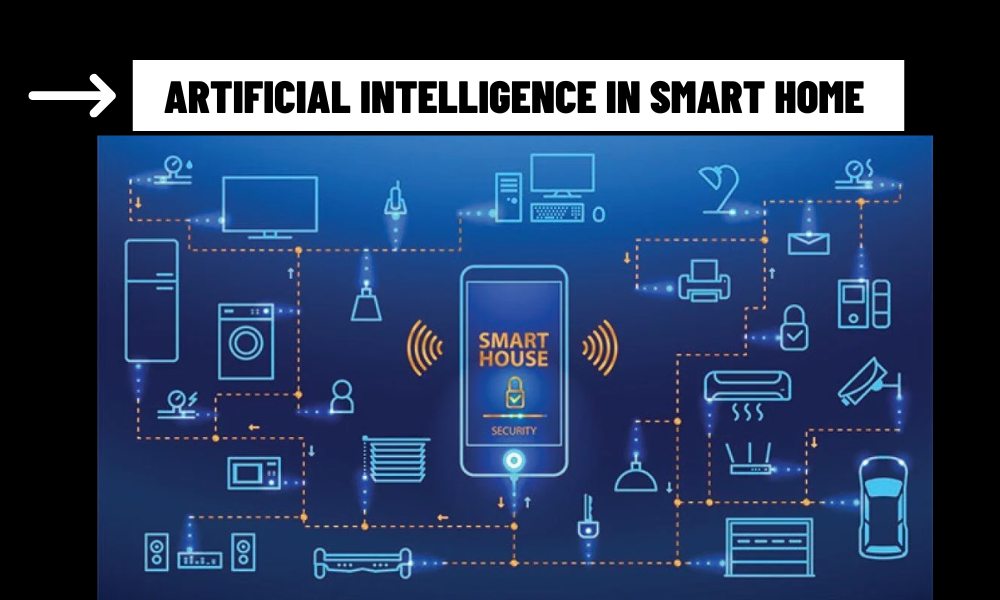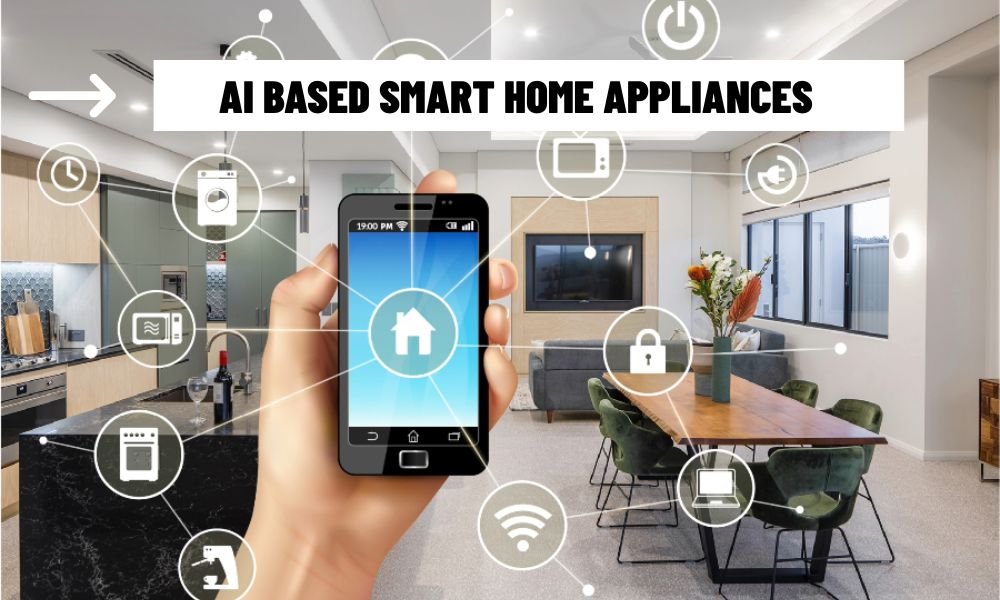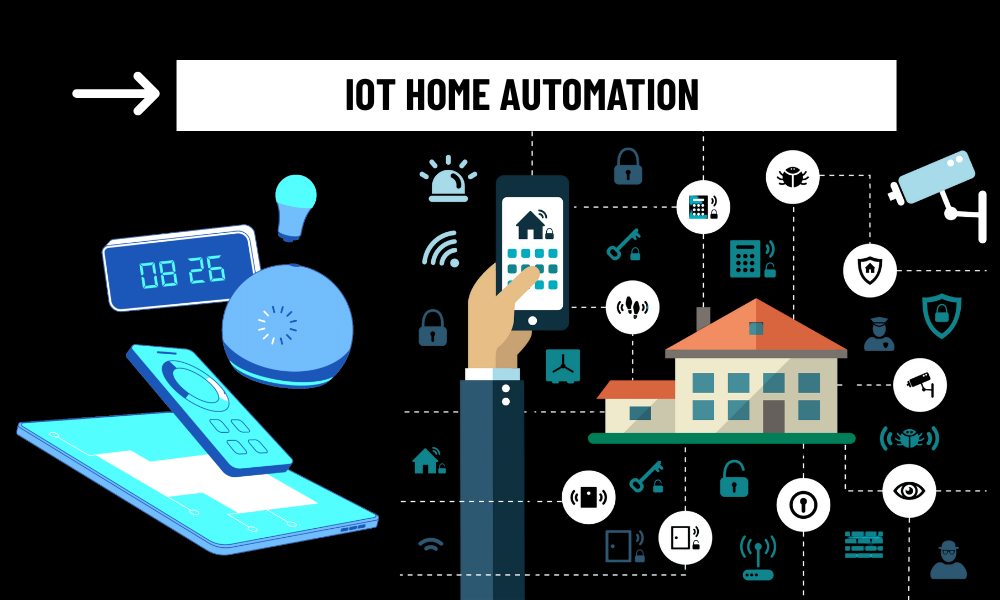Artificial Intelligence (AI) is revolutionizing the way we live, especially within our homes. Smart home systems powered by AI are making modern living more convenient, efficient, and secure. From voice-controlled assistants to intelligent lighting, temperature control, and surveillance, AI is becoming the backbone of smart living environments. As this technology continues to advance, its influence on our daily lives is becoming more profound and indispensable.
Contents
What is Artificial Intelligence in Smart Homes?
Artificial Intelligence in smart homes refers to the integration of AI technologies with home automation systems. Unlike traditional systems that follow static instructions, AI-enabled smart homes can learn from user behaviors, adapt to routines, and make intelligent decisions. These systems use data collected from various sensors and connected devices to analyze patterns and predict needs, ultimately creating a more intuitive living environment.
Key Applications of AI in Smart Homes
Voice-Activated Assistants
One of the most well-known applications of AI in smart homes is the use of voice-activated assistants. Devices like Amazon Alexa, Apple Siri, and Google Assistant are designed to understand natural language, respond to questions, and control other smart devices. These AI-powered assistants enable users to manage their home environments hands-free—turning lights on or off, adjusting thermostats, playing music, setting reminders, and even making online purchases.
Energy Management
AI plays a crucial role in managing energy consumption efficiently. Smart thermostats, such as the Nest Thermostat, learn your daily schedule and adjust heating or cooling accordingly. AI systems monitor when residents are home or away, and regulate appliances and lighting to reduce energy waste. Over time, these systems can significantly lower electricity bills while promoting environmentally friendly living.
Smart Security Systems
Security is a major concern for many homeowners, and AI has significantly improved this aspect of smart living. Modern security systems use AI for facial recognition, motion detection, and real-time alerts. AI can differentiate between regular household activity (like a family member arriving home) and potential threats (such as an intruder). This results in faster, more accurate responses and enhances overall safety.
Health Monitoring and Well-being
AI in smart homes is also making strides in health monitoring, especially for elderly or disabled individuals. Smart devices can monitor indoor air quality, track sleep patterns, detect falls, and even alert emergency services if unusual behavior or medical emergencies are detected. These systems provide peace of mind to families and caregivers, ensuring that health and safety are maintained around the clock.

Benefits of AI in Smart Homes
AI automates everyday tasks, such as turning off lights, adjusting temperatures, or locking doors, based on learned behavior. This reduces the need for manual intervention and enhances comfort.
With intelligent surveillance and real-time alerts, AI provides proactive protection. It detects suspicious activity more accurately and responds more swiftly than traditional systems.
AI minimizes power consumption by analyzing usage patterns and optimizing settings. This leads to lower utility bills and a reduced environmental footprint.
AI customizes the living environment based on each resident’s preferences. Whether it’s adjusting the lighting for reading or setting the perfect temperature for sleeping, the system adapts to individual needs.
Challenges of AI in Smart Homes
Despite the many advantages, there are also challenges to implementing AI in smart homes. Privacy is a major concern, as these systems collect and analyze personal data. It is crucial for users to understand what data is being collected and how it is used.
Additionally, the cost of AI-powered devices may be higher than traditional alternatives, which can be a barrier for widespread adoption. Ensuring cybersecurity is another important aspect, as connected systems can become targets for hackers if not properly protected.
Artificial Intelligence is reshaping the future of home living. Its ability to learn, adapt, and automate is making smart homes more personalized, secure, and efficient than ever before. As technology continues to evolve, AI will likely become an even more integral part of our daily lives, providing solutions that are not just smart but also sustainable.
Embracing AI in smart home technology today means investing in a lifestyle that prioritizes comfort, safety, and energy efficiency—ultimately creating a better living environment for generations to come.



